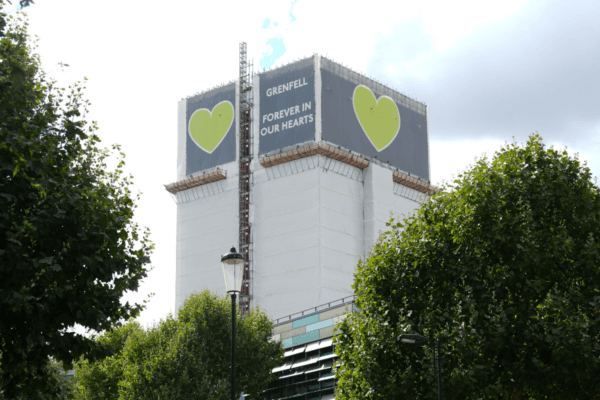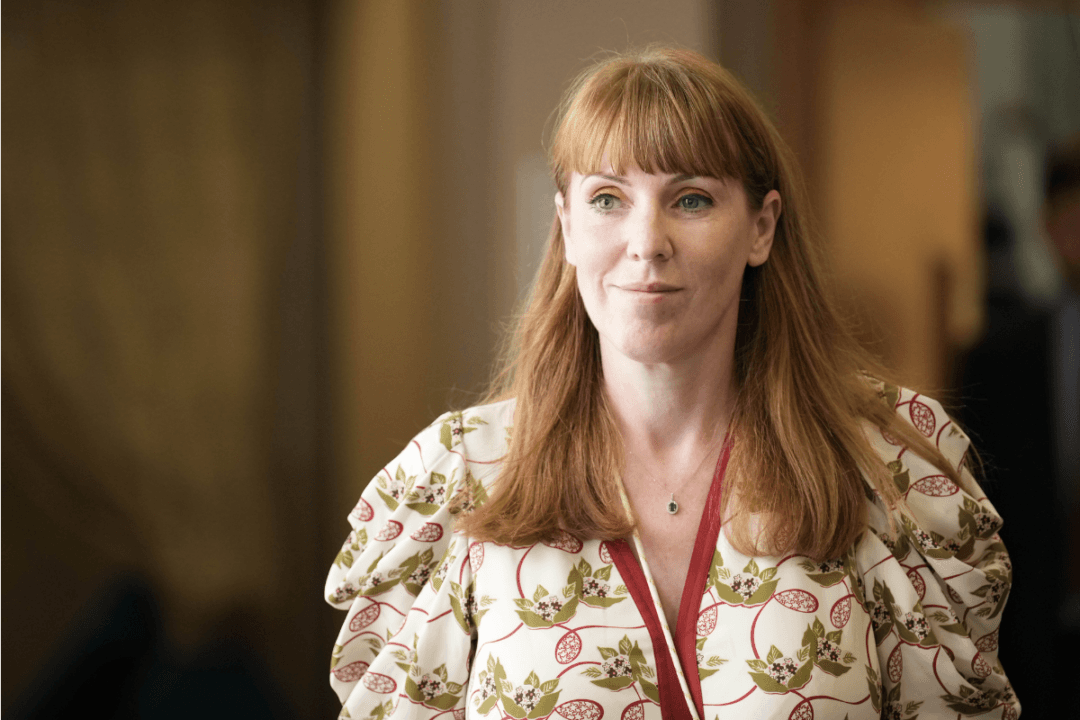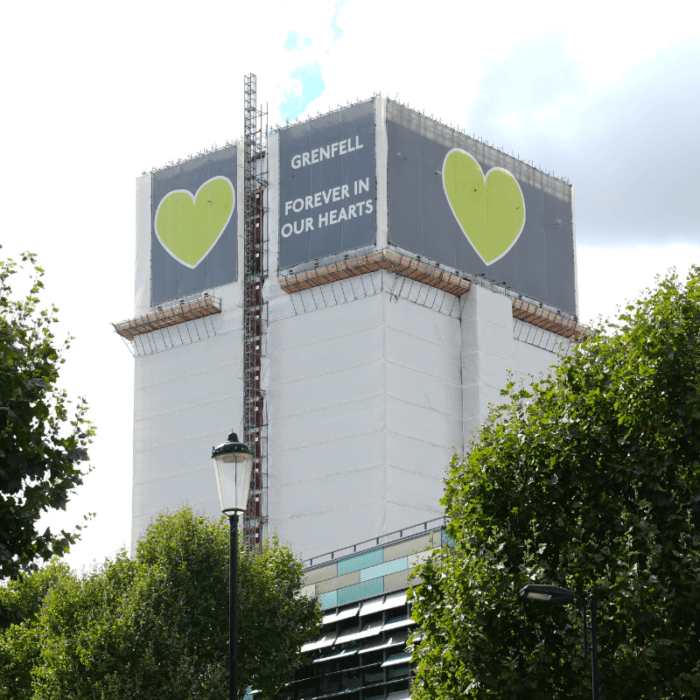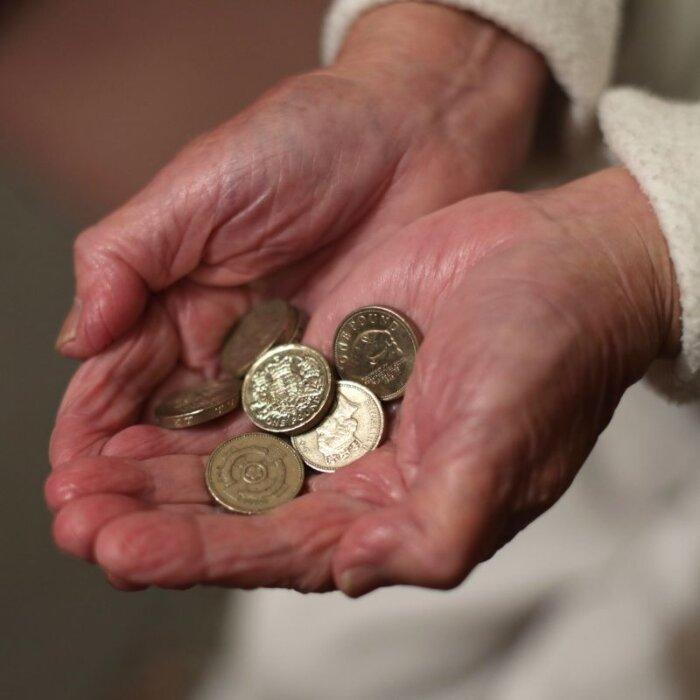Housing minister Angela Rayner has promised to launch a plan to accelerate the removal of unsafe cladding from buildings, following the release of the final Grenfell Tower fire report.
Rayner told BBC Radio 4’s “Today” on Thursday that the current pace of ensuring identified buildings are made safe “is far too slow,” so she has tasked her department with developing a remediation acceleration plan which will speed up the process.
Rayner, who is also the deputy prime minister, noted that since the Grenfell disaster in 2017, there have been new laws and regulations passed, with over 400 legal notices and legal actions having been taken against building owners to push them to make remediation quicker, “But it’s not quick enough.”
The plan should be released some time in the autumn, she said, but could not give a definitive timeline of when her government would be demanding that those buildings must have the cladding removed.
‘No Excuses’
Speaking to “BBC Breakfast,” the deputy prime minister acknowledged complexities in getting all identified buildings in a safe state, including some having complex structures.Some are owned by offshore companies and individuals, with Rayner saying she was looking into how the government can hold these building owners to account, “to make sure that they do the work.”
But money should not be an issue for ensuring these buildings are safe, she said, pointing to the £5 billion available from the government, as well as the companies who own the buildings having financial resources, as well.
“There’s no excuse not to do this work, now,” Rayner said, adding that the government was using a number of mechanisms to find buildings suspected of having dangerous cladding but that have not yet been identified and put into the remediation system.
Campaign group End Our Cladding Scandal (EOCS) has called on the government to develop a comprehensive solution for all buildings—regardless of height or defect type.
EOCS told The Epoch Times in an emailed statement: “As the Grenfell Tower Inquiry Report showed ... the unrelenting building safety crisis has been caused by successive governments ignoring multiple warnings and deregulating for decades as the focus of politicians and officials was always on the interests of business over that of the citizens governments are put in place to protect.
“We need Labour to get a grip of the building safety crisis and help all leaseholders and residents finally move on with their lives.”

Justice
Rayner declined to comment on whether she thought anyone should go to prison for their part in the catalogue of failures that left 72 people dead, saying that because there is an ongoing legal investigation, she wanted to be careful not to do anything that would impact it.But she told Times Radio, “We will do everything we can to support the Met Police and the CPS [Crown Prosecution Servce] to ensure that they can bring their findings and take their action forward as quickly as possible.”
“As many of the survivors and families of the victims have said ... justice delayed is justice denied. I absolutely agree that this has to come as quickly as possible,” she added.
The Metropolitan Police have said its investigation is independent and operates under a different legal framework, so it cannot use the inquiry’s findings to bring charges, but said the force would go “line by line” through the report “alongside the evidence from the criminal investigation.”
The soonest estimate for charges to be brought could be close to 2027—10 years after the disaster.
The government will respond to the report in six months, with Rayner saying the near-1,700 page document will take some time to get through, as will speaking to other departments, regulators, and those tasked with building safety.







